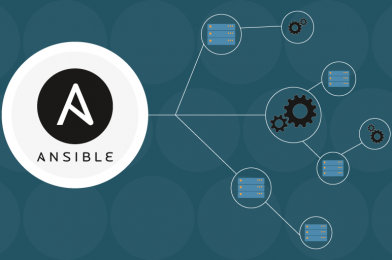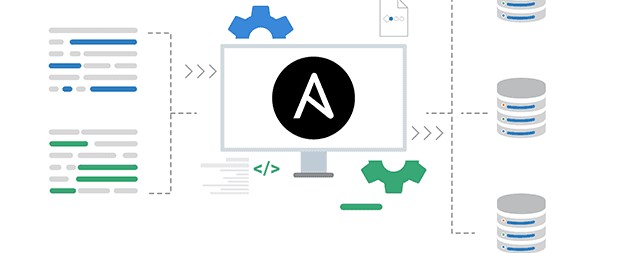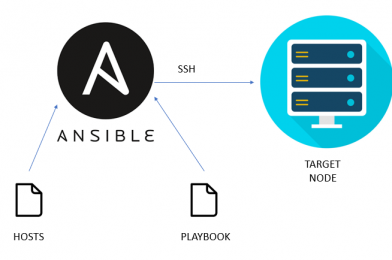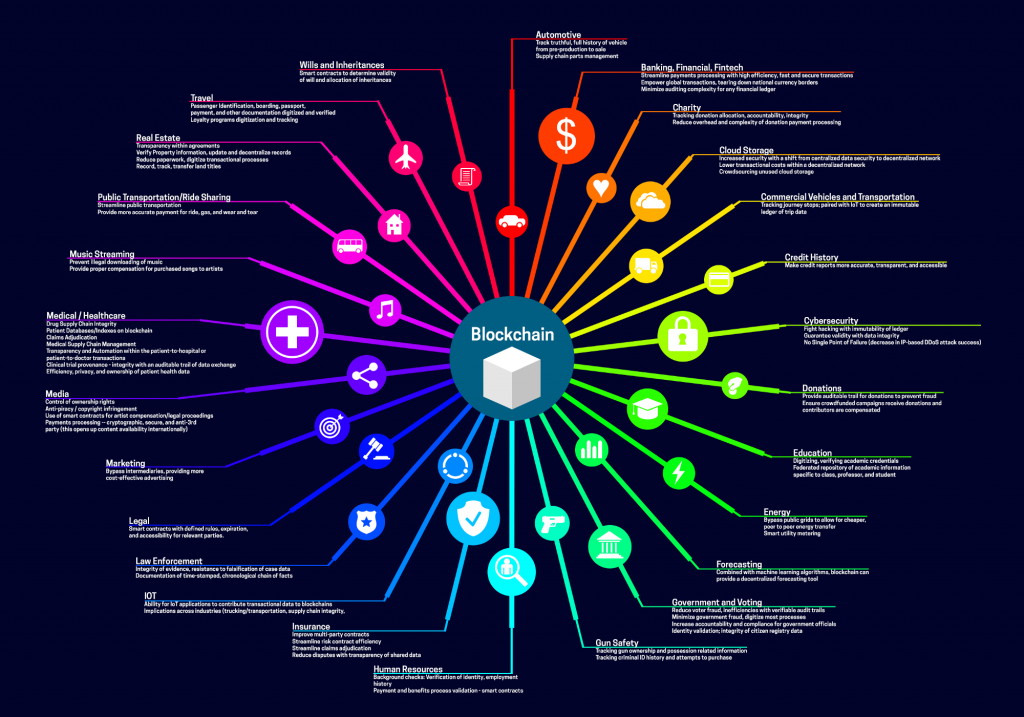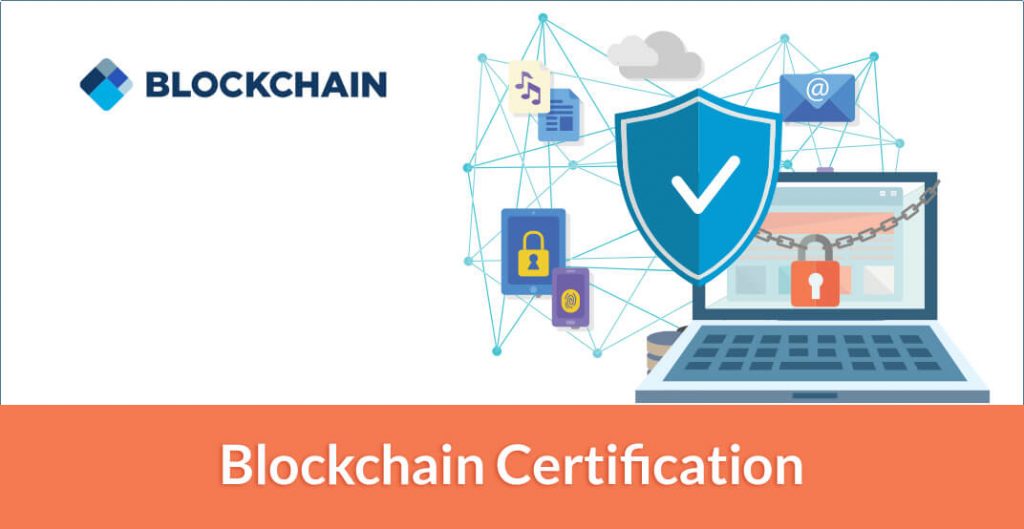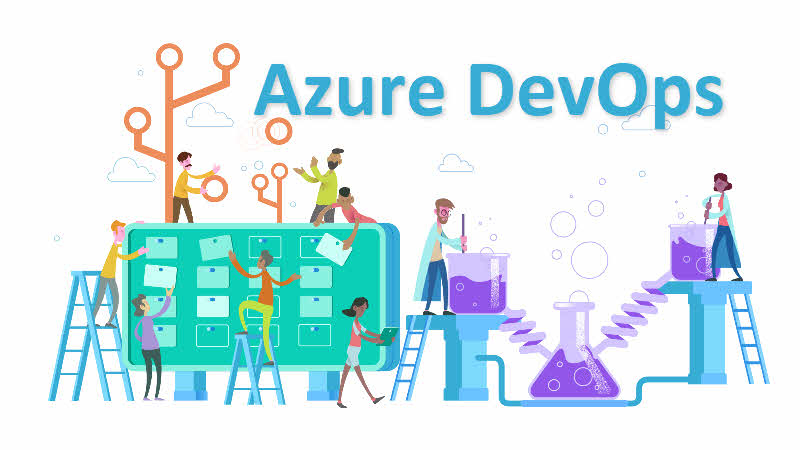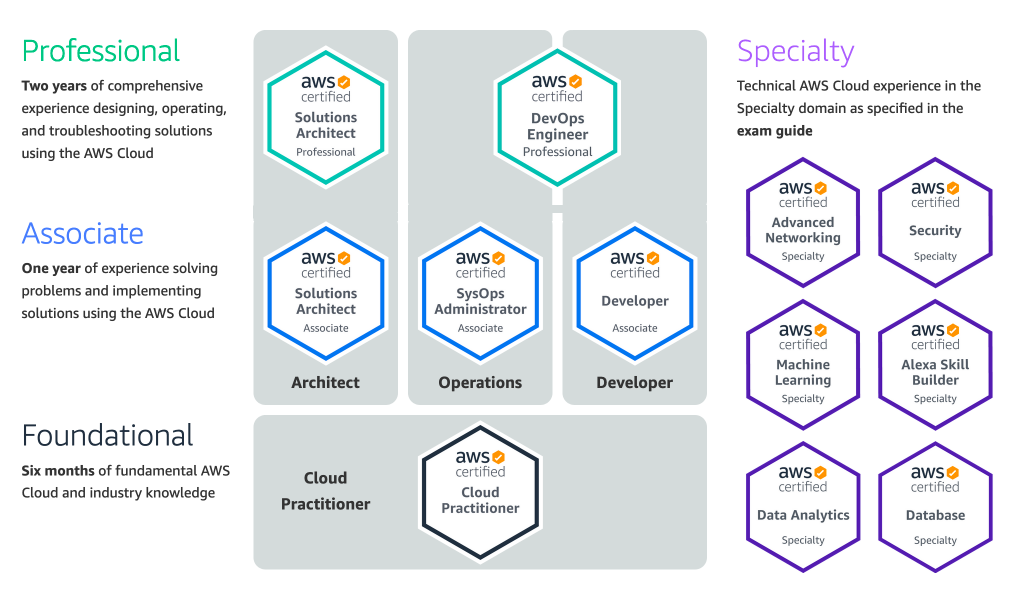
Are you interested in advancing your career in the field of cybersecurity? Have you heard about the DevSecOps Foundation Certification? In this blog article, we will dive deep into the world of DevSecOps and explore how you can obtain the highly coveted DevSecOps Foundation Certification. So, grab a cup of coffee, and let’s get started!
What is DevSecOps Foundation Certification?
DevSecOps Foundation Certification is a certification offered by the DevOps Institute that validates the knowledge and skills of professionals in the field of DevSecOps. DevSecOps is a methodology that combines development, security, and operations to ensure the security of software throughout the entire development lifecycle.
The DevSecOps Foundation Certification exam covers the following topics:
- The principles of DevSecOps
- The Role of security in the software development lifecycle
- Security testing and vulnerability assessment
- Security automation and orchestration
- Compliance and risk management
Why DevSecOps Certification is important?
A DevSecOps certification can be important for several reasons, as it validates your knowledge and skills in integrating security practices into the DevOps workflow.
Here are some key reasons why a DevSecOps certification can be valuable:
- It demonstrates your knowledge and skills in DevSecOps. The certification process requires you to study the principles and practices of DevSecOps in detail. This will give you a deep understanding of the field and show potential employers that you are qualified to work in DevSecOps.
- It can help you get a job in DevSecOps. Many employers now require DevSecOps certification for their open positions. This is because DevSecOps is a rapidly growing field and employers are looking for qualified candidates.
- It can help you advance your career in DevSecOps. The certification shows that you have the skills and knowledge to be successful in this field. This can give you a competitive edge when applying for jobs or promotions.
- It can help you learn more about DevSecOps. The certification process will require you to study the principles and practices of DevSecOps in detail. This will give you a deeper understanding of the field and help you stay up-to-date on the latest trends.
- It can help you network with other DevSecOps professionals. The certification exam is administered by the DevOps Institute, which has a large community of DevSecOps professionals. This can help you connect with other people in the field and learn from their experiences.
What are the tools needed to learn for a strong DevSecOps Foundation?

The tools needed to learn for a strong DevSecOps Foundation depend on the specific needs of your organization and the specific technologies that you use.
However, some of the most important tools to learn include:
- Static application security testing (SAST) tools: SAST tools scan your code for vulnerabilities at the source code level. This is a great way to find vulnerabilities early in the development process before they can be exploited. Some popular SAST tools include Veracode, Checkmarx, and AppScan.
- Dynamic application security testing (DAST) tools: DAST tools scan your running application for vulnerabilities. This is a good way to find vulnerabilities that are not exposed in the source code, such as SQL injection vulnerabilities. Some popular DAST tools include Burp Suite, Nikto, and OWASP ZAP.
- Container security scanning tools: Container security scanning tools scan your containers for vulnerabilities. This is important for DevSecOps, as containers are often used to deploy applications. Some popular container security scanning tools include Aqua Security, Twistlock, and Snyk.
- Infrastructure as code (IaC) security scanning tools: IaC security scanning tools scan your IaC code for vulnerabilities. This is important for DevSecOps, as IaC is often used to provision infrastructure. Some popular IaC security scanning tools include Terraform Cloud, Pulumi, and AWS Inspector.
- Continuous integration and continuous delivery (CI/CD) tools: CI/CD tools automate the process of building, testing, and deploying software. This is essential for DevSecOps, as it allows you to quickly and easily deploy security fixes to your applications. Some popular CI/CD tools include Jenkins, CircleCI, and GitLab.
How DevOpsSchool’s is best for DevSecOps Foundation Certification?
Overall, DevOpsSchool is a great resource for anyone who wants to learn DevSecOps and get certified. It has a comprehensive curriculum, experienced instructors, engaging learning materials, a supportive community, and an affordable price. If you are serious about getting certified in DevSecOps, I highly recommend DevOpsSchool.
Here are some additional resources that you may find helpful when preparing for the DevSecOps Foundation Certification:
- The DevOps Institute website: The DevOps Institute website has a wealth of resources for DevSecOps professionals, including the DevSecOps Foundation exam syllabus, practice exams, and study guides.
- The DevSecOps subreddit: The DevSecOps subreddit is a great place to ask questions and get help from other DevSecOps professionals.
- The DevSecOps Slack community: The DevSecOps Slack community is a great place to connect with other DevSecOps professionals and learn about the latest trends in DevSecOps.






